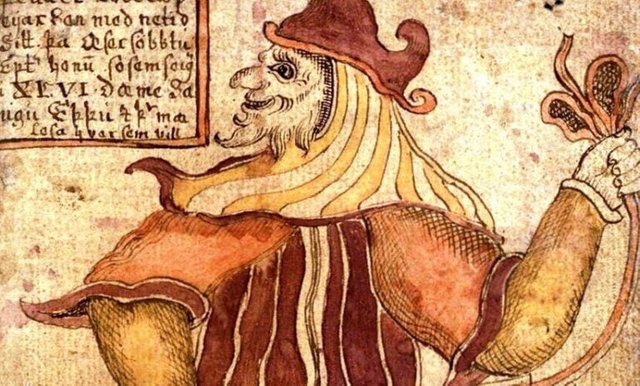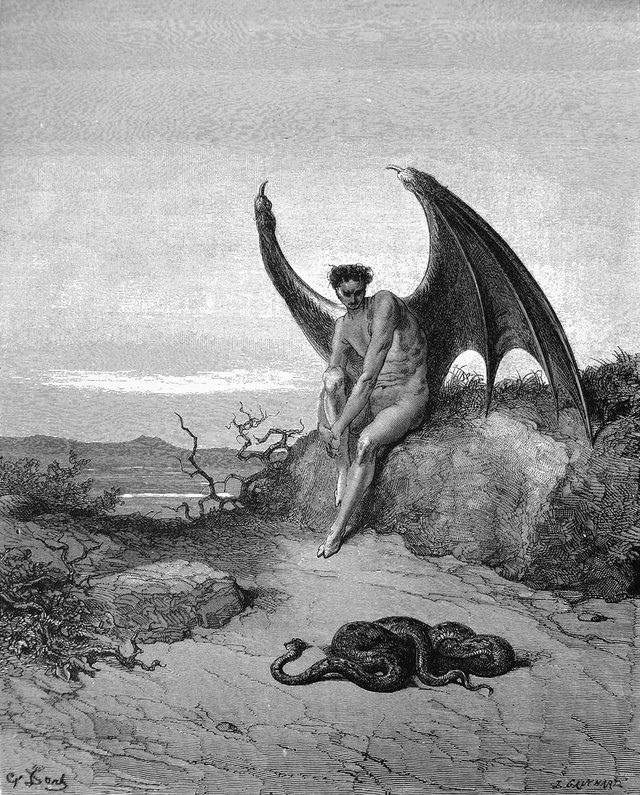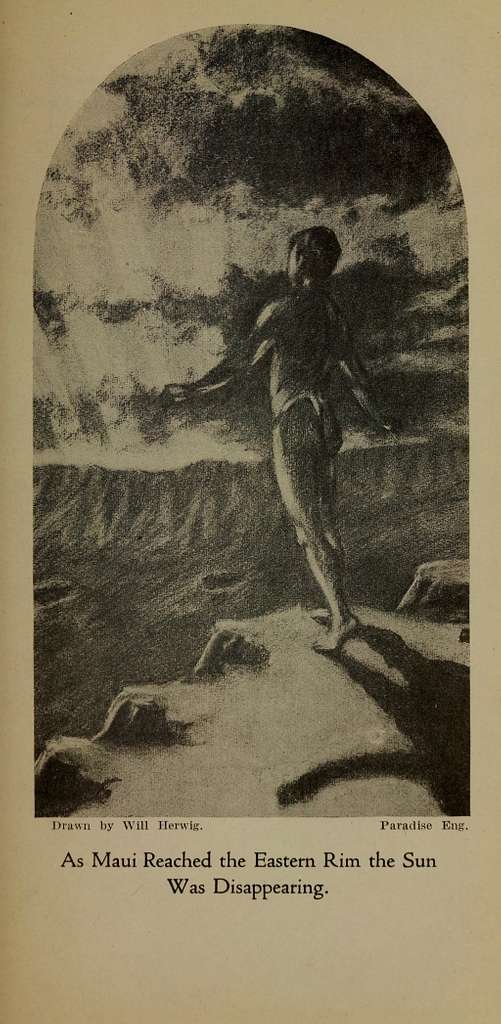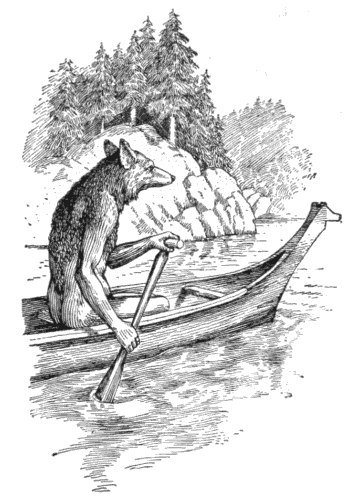Myths of man: Tricksters or Treats
Welcome to the Realm of Trickster Gods
In this exploration of mythology, we delve into the captivating realm of trickster gods, mischievous and cunning figures found in various mythologies around the world. We will explore the parallel tales of Loki, Prometheus, Lucifer, Maui, and Coyote, iconic trickster deities who have left an indelible mark on human storytelling and cultural traditions. Join us as we unravel the fascinating narratives of these tricksters and uncover the underlying themes they embody.

Loki, from Norse mythology, is a complex and multifaceted trickster god. Known for his shape-shifting abilities and cunning nature, Loki constantly challenges the established order of the gods and often finds himself in conflicting situations. He is both a catalyst for change and chaos, bringing about moments of both laughter and tragedy. Loki's mischievous acts often lead to dire consequences but also serve as a driving force behind the development of the Norse pantheon.

Prometheus, from Greek mythology, is a trickster figure who defies the gods by stealing fire and giving it to humanity. This act of rebellion against the divine order leads to his punishment, as he is bound to a rock, where an eagle perpetually devours his liver. Despite his suffering, Prometheus is revered for his selflessness and his gift of knowledge to humankind. He symbolizes the human pursuit of progress and the enduring spirit of defiance against oppressive forces.

Lucifer, a figure from Judeo-Christian mythology, is often depicted as a fallen angel and the embodiment of rebellion against divine authority. His defiance leads to his banishment from heaven, becoming the ultimate trickster figure associated with temptation and the questioning of established norms. Lucifer challenges the notion of absolute obedience, offering humans the capacity to exercise free will and make their own choices, even at the risk of damnation.

Maui, from Polynesian mythology, is a trickster hero known for his cleverness and resourcefulness. Through his cunning and magical exploits, Maui accomplishes extraordinary feats, such as capturing the sun, slowing down the passage of time, and even discovering the secret of fire. Maui's mischievous antics often serve to benefit humanity and challenge the natural order, bringing balance and innovation to the world.

Coyote, a prominent figure in Native American mythology, is a trickster deity found in numerous tribal traditions. Coyote embodies both the foolish and the wise aspects of the trickster archetype. He is known for his role in creation myths, his ability to shape-shift, and his knack for disrupting order and challenging societal norms. Coyote's actions often serve as cautionary tales, highlighting the consequences of hubris and the need for balance and humility.
While these trickster gods come from different mythological backgrounds, they share common characteristics and themes. They defy authority, challenge social norms, and blur the boundaries between good and evil. Tricksters often embody the inherent complexities of human nature, reflecting the contradictory desires and impulses within us all.
The tales of these trickster gods remind us of the dynamic and ever-evolving nature of human existence. They teach us that life is a delicate balance between order and chaos, tradition and innovation, and conformity and rebellion. The trickster figures invite us to question authority, embrace change, and find wisdom in the most unexpected places.
In conclusion, the trickster gods Loki, Prometheus, Lucifer, Maui, and Coyote are captivating figures that transcend cultural boundaries. Through their mischievous exploits, they challenge the status quo, provoke thought, and provide valuable insights into the human condition. Exploring their stories invites us to embrace the complexities of life, question established norms, and appreciate the transformative power of trickery, innovation, and individual agency.